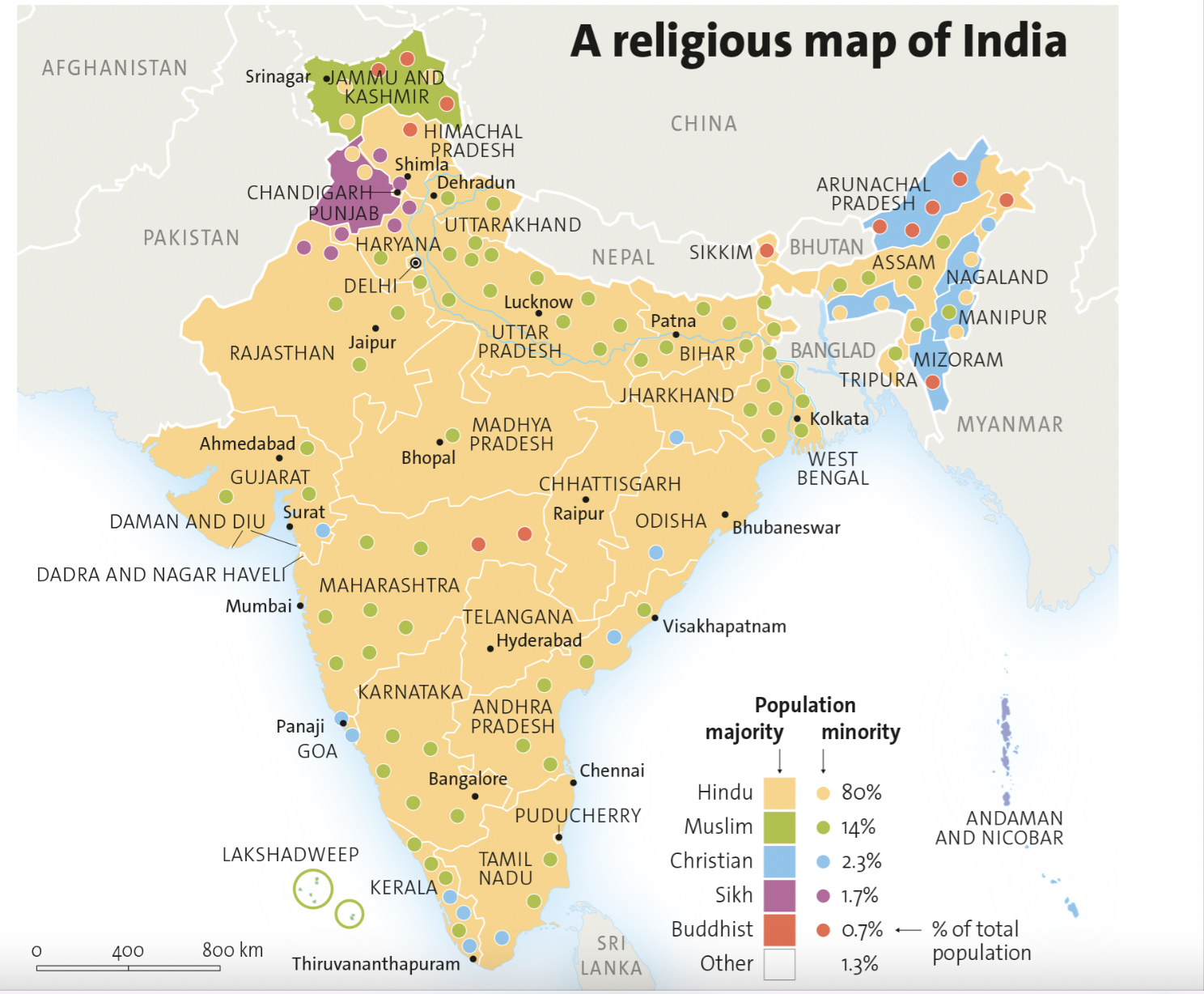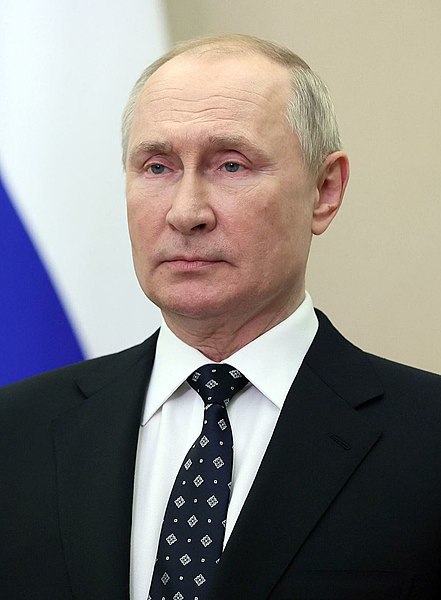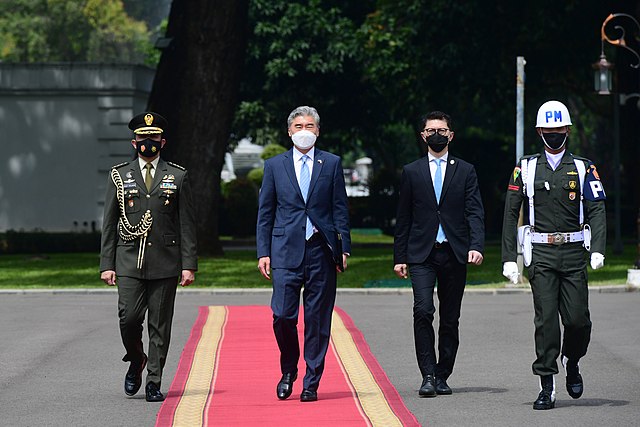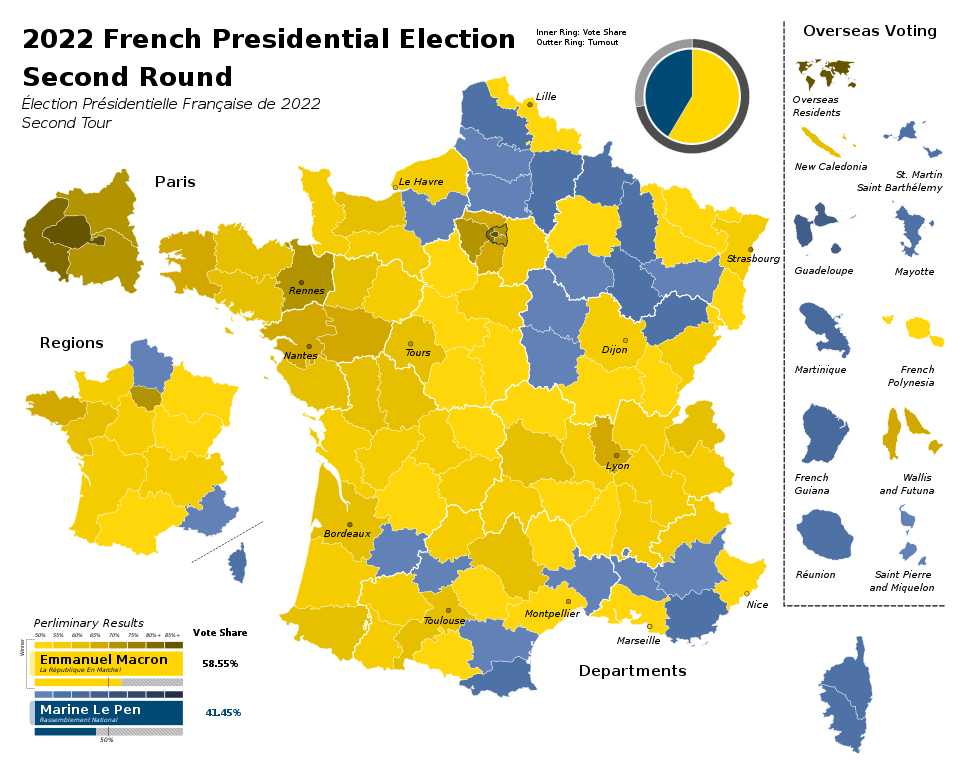
The End of Unipolarity? Broader Implications of the Russo-Ukrainian Crisis
On March 11, 2022, President Joe Biden announced that Russia, due to its war against Ukraine, would no longer have a most favored nation trade status with the US and that he would ban Russian seafood, diamond, and alcohol imports. This action has added to the long and dramatic list of American and allied sanctions on Russia: like America’s ban on Russian oil and gas. What is notable here is who has not gone along with the United States in levying sanctions against Russia and what this could signify for the future of international relations. Charles Krauthammer’s famous 1990 article cited the Soviet transfer of Eastern Germany to the West as the beginning of what he saw as a brief unipolar moment. This unipolar moment was marked by world power being now so firmly concentrated in the West that the Cold War division of power between the United States and the Soviet Union was no longer the predominant force in international politics. Krauthammer noted that other states had rushed to the West in general and America in particular as “the sole allocator of geopolitical goods”. Assuming that this unipolar moment had lasted, the limited reaction by the international community, and the emerging great powers in particular, to America’s demand for sanctions against Russia over its war in Ukraine have in essence signaled the end of American unipolarity.








